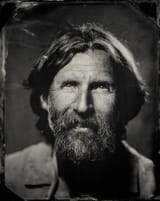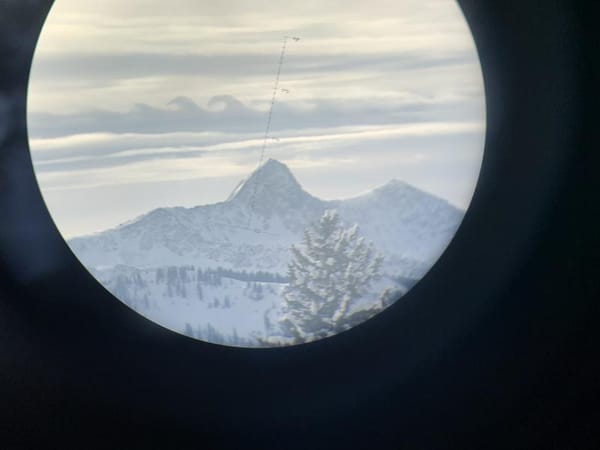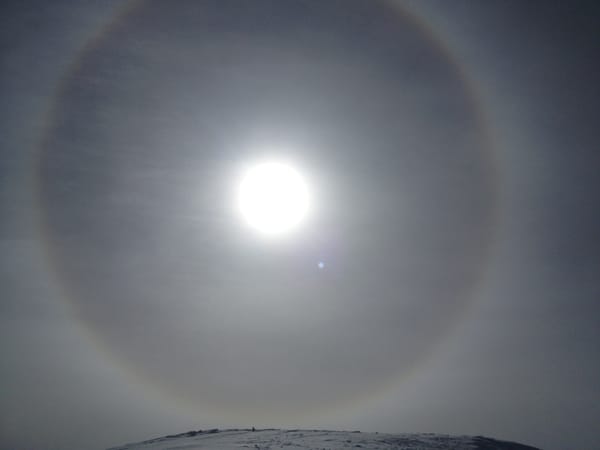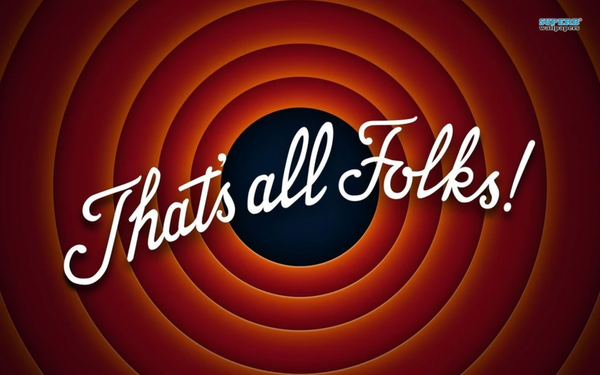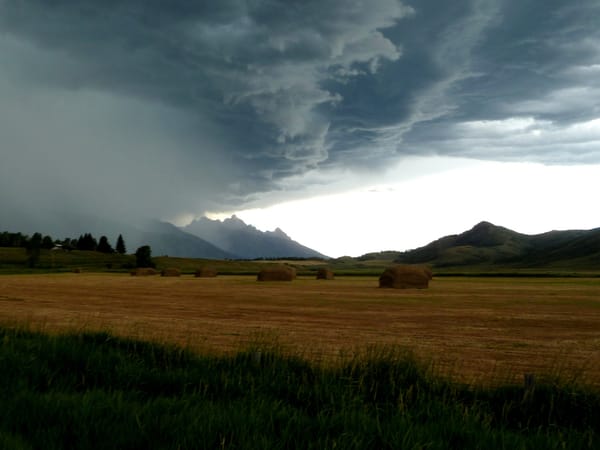You Are Authorized to Conduct this Rescue

Two springs ago, a friend of mine fell through the ice on the Great Salt Lake attempting to save her dog who had also fallen through the ice. After a few minutes in the freezing water, she described experiencing a sensation where she was floating above the frozen lake, looking down at herself and Archie the dog. I wrote about what happens next in a previous Meditation called Deus Ex Machina - it's a Latin calque from the Greek that translates to God Out of the Machine.
You should stop and re-read the original piece. It's short.
You'll recall that after saving the day, the hero gets back into his powered paraglider and roars off into the night without a trace, leaving my friend and her husband (both in running attire) and Archie the dog shivering along the shore of the Great Salt Lake. (EMS was soon to arrive, and it should be noted, during the 911 call, the tactically trained dispatcher told my friend's husband NOT to go out onto the ice.)
As it turns out, Deus Ex Machina has a name: Dom. It took weeks to find him. And it's not lost on us that Dom is short for Dominic, short for the Latin Dominicus, which translates to...Of the Lord. Deus Ex Machina indeed.

It was such a powerful and moving experience with so many unanswered questions that my friend made a documentary. It itself is a mediation on risk and decision making. It's only 11 minutes long and will be shown at a few film festivals this fall.
After a private screening a couple weeks ago in a mostly full theater, my friend and her co-producer took questions down on the stage and as it turned out, Dom and his family watched from the back. Towards the end of the Q&A, I turned back to look at Dom and asked, simply,
"When you got home that night and your wife asked you why you were late for dinner, what did you tell her?"
His answer was not surprising: He told her matter-of-factly what had happened.
But his wife's response was: Why did you choose her over me?
~~~~~~~~~~~~~~~~~~~~~~~~~~~~~~~~~~~~~~~~~~~~~~~~~~~~~~~~~~~~

Back when I worked as a Jenny Lake ranger in Grand Teton National Park, I would occasionally assume the role of Incident Commander for a technical mountain rescue that often involved helicopters and a rescue and extraction technique referred to as short-haul. But - and this may come as a surprise - there was - how shall we say this - elegant writing as to direction: "The NPS is authorized to conduct search and rescue missions; however doing so is discretionary." The "duty to act" is written as such: “to make reasonable efforts to search for lost persons and rescue sick, injured, or stranded persons”.
This meant that it was up to us to decide how, when, where and why - only after conducting a proper risk analysis that often included aerial reconnaissance. This is not to say that disaster does not happen. Not long ago, two rescuers on another team entered a fumarole to rescue two of their own. Both soon lost consciousness due to oxygen deprivation. One luckily survived the ordeal. One did not.
But back to the Great Salt Lake. Dom was not "authorized" to conduct a rescue per se. He didn't need any; he was an independent operator, a "good Samaritan", to continue to confuse biblical allegory.
Military, law enforcement, SAR, and EMS personnel must be wired in a way to assume some personal risk for some greater good. But what is often forgotten are the conversations between the fighter pilot or SAR technician and her spouse; that it may be that one day she does not come home. Most spouses know what they're buying into when they've tied the knot. (One friend I spoke to said she bought her husband his first scanner - this was in the 1970s!).
But what about the Samaritan? And what of their families and spouses?
